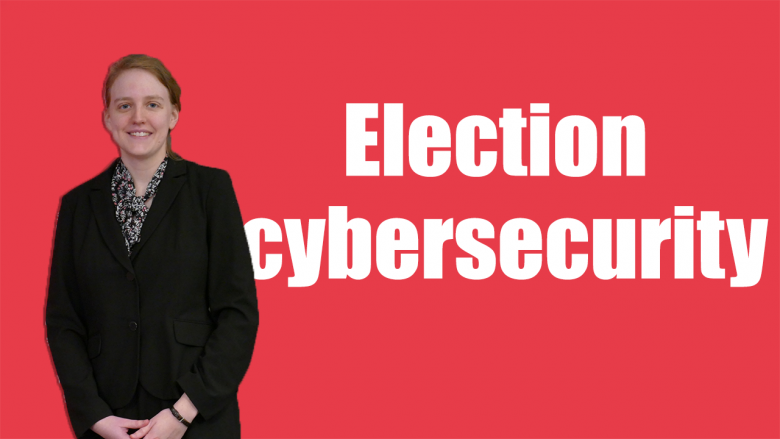The security of elections is a key issue for the defence communities around the globe. Recent examples make the urgency of this issue clear: the 2017 Presidential elections in Kenya were declared invalid amidst allegations of problems with the electoral commission’s databases and computers; Estonia’s widely respected identity card system, which is used for i-voting in elections, was found to be susceptible to identity theft in 2016; and perhaps the most discussed current cybersecurity issue revolves around Russian hacking and meddling in the 2016 American presidential election. This paper considers the major security threats associated with elections by taking an electoral cycle approach. Contemporary research on electoral integrity recognises that elections are not just what happens on election day, but an entire cycle of activities, running from the pre-electoral period when laws are designed and voters are registered, through the campaign and election day, to the aftermath of elections and the impact of the results. For each stage of the 11-point electoral cycle, it considers three questions: 1. What are the major security threats associated with this stage of the electoral cycle? 2. What solutions to these threats have been tested? 3. What is the appropriate role for the defence community in combatting these threats in domestic elections? This research will provide a framework for better understanding the potential threats to elections throughout the electoral cycle. It will argue that these issues are key to preserving and promoting democratic legitimacy through the electoral process. Trust in elections can easily wane when the technology used is threatened, having serious implications for democratic stability and peace, and therefore having implications for defense forces around the world.
The slide of the presentation are also available here.
About the speaker
Holly Ann Garnett is an Assistant Professor of Political Science at the Royal Military College of Canada in Kingston, Ontario. Her research examines how electoral integrity can be strengthened throughout the electoral cycle, including the role of election management bodies, electoral assistance, voter registration, convenience voting measures, election technologies, civic literacy and campaign finance. She is a co-convener of the Electoral Management Network, an academic member of the Smart Cybersecurity Network, and contributes to the Electoral Integrity Project. Holly Ann was an Endeavour Research Fellow at The Australian National University (2017), a visiting fellow at the Åbo Akademi, Finland (2017), a visiting researcher at the University of Sydney (2014), and a Killam Fellow at Cornell University (2009).




